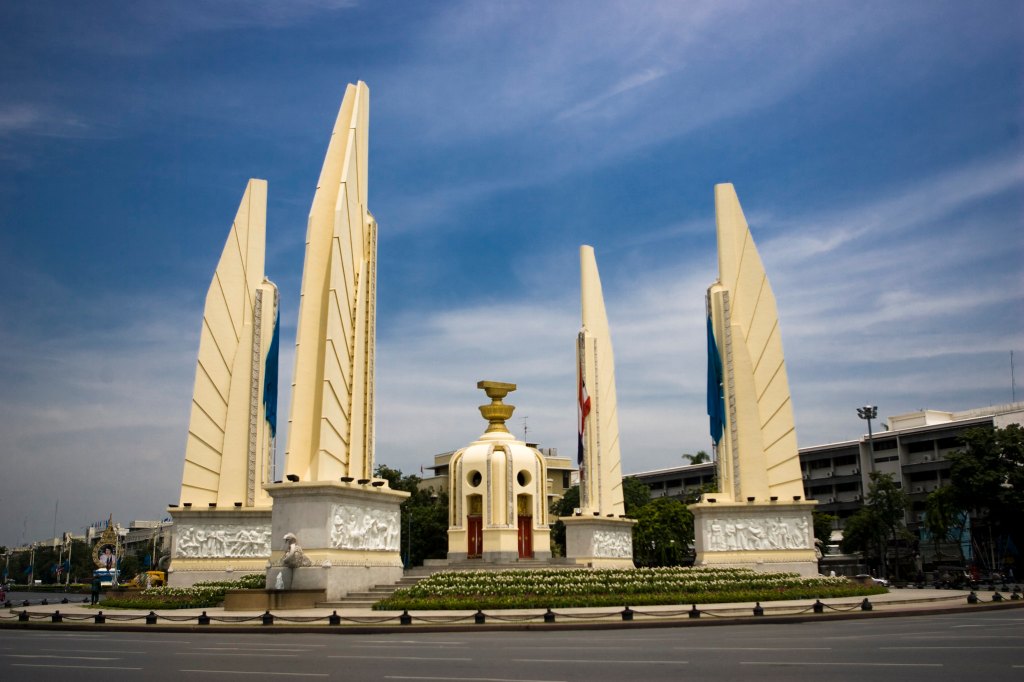Tired of being confused with Switzerland, the small African kingdom of Swaziland has changed its name.
It’s now called “eSwatini,” by decree of the king. The name means “land of the Swazis” in Swati, the language spoken there.
Videos by VICE
There aren’t many places left in the world where a name can be changed by decree. But in Swaziland, Africa’s last absolute monarchy, the king did during a celebration for his 50th birthday on Thursday. But it’s still a contentious decision: In 2005, the country passed a new constitution that bars ruling by decree.
“I would like to announce that from today onwards, our country will be known as the Kingdom of eSwatini,” King Mswati III said, according to Reuters. “Whenever we go abroad, people refer to us as Switzerland.”
After gaining independence from their colonizers, many African countries opted to change their names to their local language and shake off the ones imposed on them by Europeans. Zimbabwe did that; so did Lesotho, Botswana, and Ghana. But Swaziland, along with Kenya and Uganda, did not. It’s now looking to join the countries that did.
Whether the name will catch on is another matter. The king has used the name eSwatini several times in public addresses to refer to his country, including to the United Nations. But because the name change is legally contentious, whether the U.N. will recognize the new name remains to be seen. If the U.N. picks it up, however, the big tech companies, like Google Maps, likely will, too.
The last country to change its name was Czechia, changed from the Czech Republic. Though the U.N. adopted the change, “Czech Republic” is still widely used in English.
Tucked between South Africa and Mozambique, eSwatini is a small, poor, landlocked country that relies largely on farming to make ends meet. A third of the country lives in extreme poverty, and the country has the highest rate of HIV in the world. Most people expect to live only to age 57, according to the World Bank.
While his people struggle to eke out a living, Mswati has meanwhile gained an international reputation for his lavish spending and suppression of political dissent.
Cover image: Delegate from Swaziland Lonkhekhela Dlamini listens speeches during the 106th annual International Labour Conference (ILC) of the International Labor Organization, ILO, at the European headquarters of the United Nations, in Geneva, Switzerland, Monday, June 5, 2017. (Laurent Gillieron/Keystone via AP)




